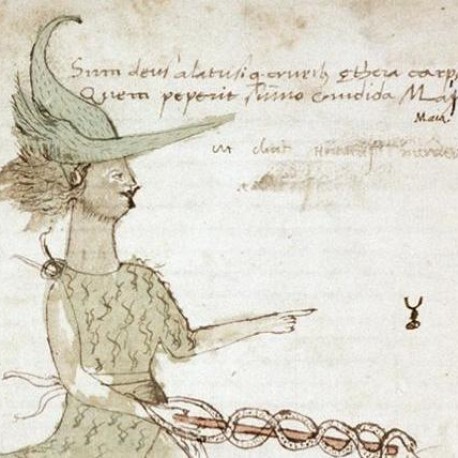
Untimeliness
To look back self-consciously to the classical past is inevitably to evoke an idea of untimeliness. The idealism of Philhellenism depends on the sense of temporal distance which separates modernity from antiquity, as it looks forward to a political and artistic future based on such classical ideals. The here-and-now is the scene of loss and hope rather than fulfillment or full presence. The often-expressed fantasy that the Greek world is the only place where the Romantic yearner could feel at home, declares that the writer is out of joint with his own time. To be a classicist, it might be thought, is to open oneself always to the charge of not being fully of one’s own time: dusty and backward looking or revolutionary and staring at a brighter future. Nietzsche is the best-know (yearning) theorist of the untimely, but untimeliness as an idea marks the crucial question of the subject’s relation to – and self-consciousness of – time and one’s place in history. Why do proclamations of modernity – the space of the timely — so repeatedly articulate themselves in a (genealogical, distanced, fractured, aggressive) relation to classical antiquity?
“Classical knowing” as a theme encouraged us to reflect on the location of knowledge – who owned it, who displayed it, who paraded it, what institutions formed it: was it in texts, in material objects, in music? Was it contingent or inherent, full of value or full of projections? What were the dynamics of knowing? The place of unofficial, private, emotional knowledge? In all these questions lurks an attitude to time. Is a scholar or artist simply “of their time” and if so what explanatory force does such placement provide? What is it to be fashionable or out of date where classical knowing is concerned? How does the notion of kairos as a classical value – judicious criticality – develop against such painful and fragmented nostalgia? Is all classical knowledge undermined by the loss of the past? Can the search for genealogical inheritance in antiquity do more than express a hankering belatedness? In asking how the past speaks to the present or the present appropriates the past we are asking a question about the (un)timeliness of knowing.
Schedule
Friday 14 June
10:00
Welcome
10.20-11.30
Session I
Phiroze Vasunia
Response: Renaud Gagné
11.30-12.00
Coffee
12.00-13.10
Session II
Jim Porter
Response: Katherine Harloe
13.10-14.10
Lunch Break
14.10-15.20
Session III
Shane Butler
Response: Nick Hardy
15.20-15.50
Coffee
15.50-17.00
Session IV
Tim Whitmarsh
Response: Raphael Lyne
17.00-17.30
General Discussion
Saturday 15 June
09.00-10.10
Session V
Alastair Blanchard
Response: Kate Nichols
10.10-10.40
Coffee
10.40-11.50
Session VI
Simon Goldhill
Response: Scott Mandelbrote
11.50-13.00
Lunch
12.50-14.00
Session VII
Constanze Güthenke
Response: Joe Moshenska
14.00-14.30
Coffee
14.30-15.40
Session VIII
Miriam Leonard
Response: Theo Dunkelgrün
15.40-16.00
Break
16.00-17.00
Final Response by Ingo Gildenhard, and Discussion
